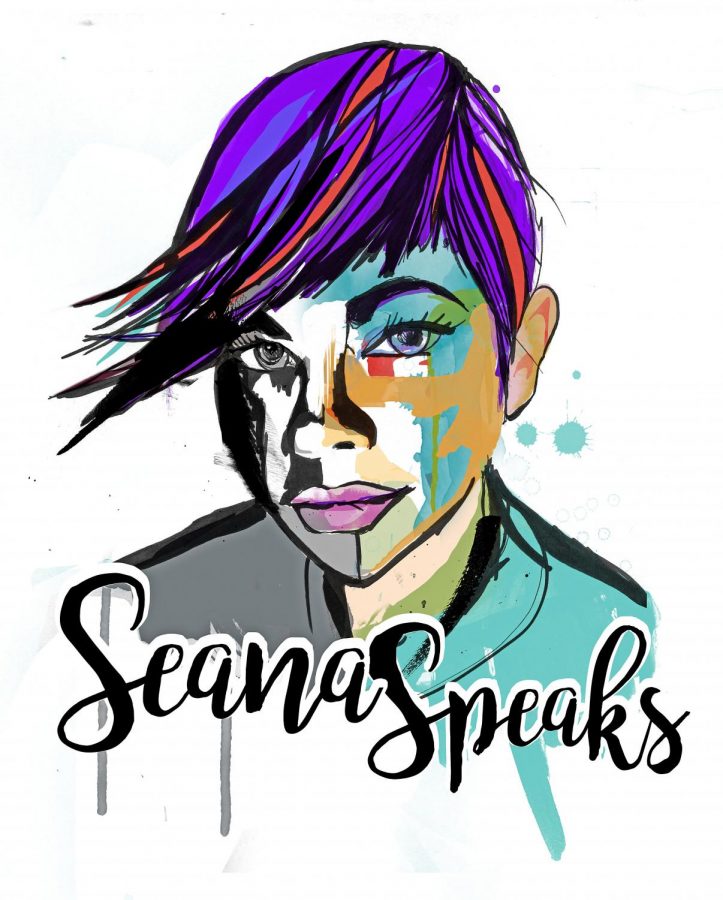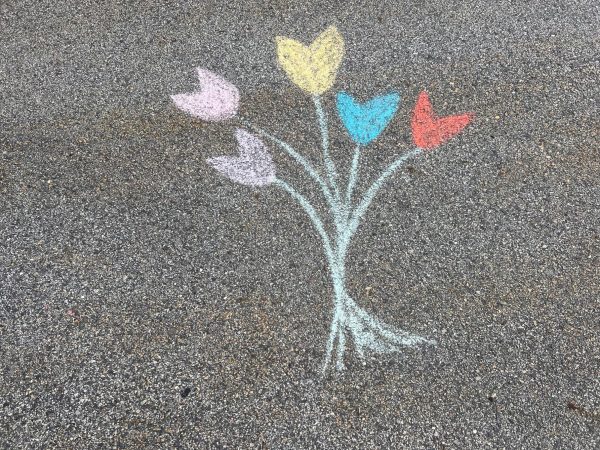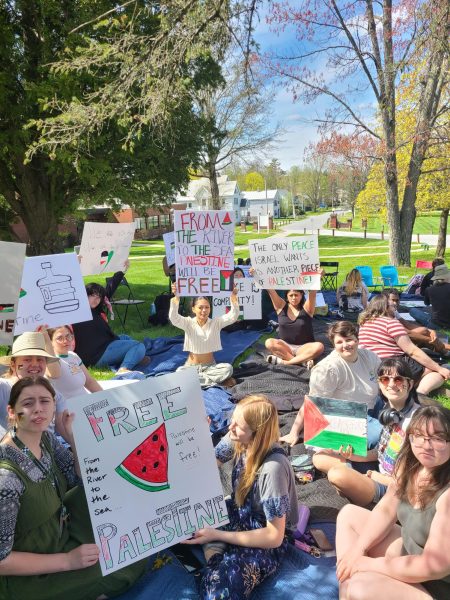Seana Speaks: Addiction, 10 months in the making
It took cocaine less than a year to ruin my life. From the first line to the time I found myself alone, unemployed and unemployable, pacing a near empty apartment trying to choose between taking to the street to support my habit and heading to rehab was only 10 months. In those 10 months I’d ruined what was once an impeccable reputation as a restaurant employee and manager, was arrested more than once, and destroyed important friendships. In those months I willfully ignored every value and principle I once lived by, choosing drugs over my very identity as I lied, stole, and even traded sex to get more of what it was I needed to feel whole and well. After 10 of what were both the longest and shortest months of my life, I chose to go to rehab instead of the streets and I began to build myself over again. It was the bravest and strongest thing I could have done and today, nearly 12 years later, I don’t waste a moment being ashamed of who I once was. But I would like to think my waywardness may keep one or two others out of rehab.
There are a lot of misconceptions about substance use disorder: about what it is or isn’t, about who it impacts, about what it looks like. Perhaps the most dangerous misconception, however, is that people will know for themselves when they begin to cross the line between casual use and addiction. As a person formerly addicted and someone who spent many months surrounded by other people recovering from their addictions, I can assure you, this is not true. After all, for the first eight months or so of my cocaine use I was still working and making good money, I wore designer clothes (an important social distinguisher when living in North Dallas, my home at the time), I visited the salon regularly. I wasn’t an addict, I just liked to have a good time. I told myself this after I began doing lines of cocaine throughout the day, sometimes at first and then every day. I said this even after I was arrested for the first time, after I lost my job and had to find another, after some of my friends stopped talking to me because the cocaine rages became too much to bear.
If you’re reading this right now and thinking, “cool, but I am totally a recreational drug user,” I hear you. I have known people throughout my life who have sworn by their ability to recreationally use drugs in a successful way. I used to be envious of them until I realized how many of them turned out to be wrong. So that you can check yourself, the following characteristics generally identify casual use: only using drugs when you feel like it and not on any certain schedule; not experiencing any withdrawal symptoms when you have not used for a while; being able to turn down drugs when they’re offered if you want to; still getting high without having to increase the dosage of drugs that you’re using; not experiencing any drastic life changes because of your drug use. If you feel like you genuinely meet all of the characteristics for a recreational user you can relax then, right? Of course not.
Let’s be honest. Most people who find themselves living with substance use disorder started out just having a good time. If drugs weren’t fun, at least at first, most people wouldn’t continue to use them. Even if you feel comfortable categorizing yourself as a recreational user today, it’s important to understand that this can change at any time and that depending on your personal history, your current environment, your stressors, and so much more, your own risk of addiction can change.
It took cocaine less than a year to ruin my life. It took years to put it back together. The woman who lived that experience wants to caution all of you to abstain from anything even remotely addictive, but I imagine abstinence lectures to be about as effective now as they were when I headed out to parties with my own mind made up. Instead, I’ll point you in the direction of self-reflection, honesty, and restraint. It’s okay to sometimes say no, to sometimes stay in, and to sometimes take a month or two off as a check-in with yourself and your body. It’s okay to be the one who doesn’t need to go to rehab.




